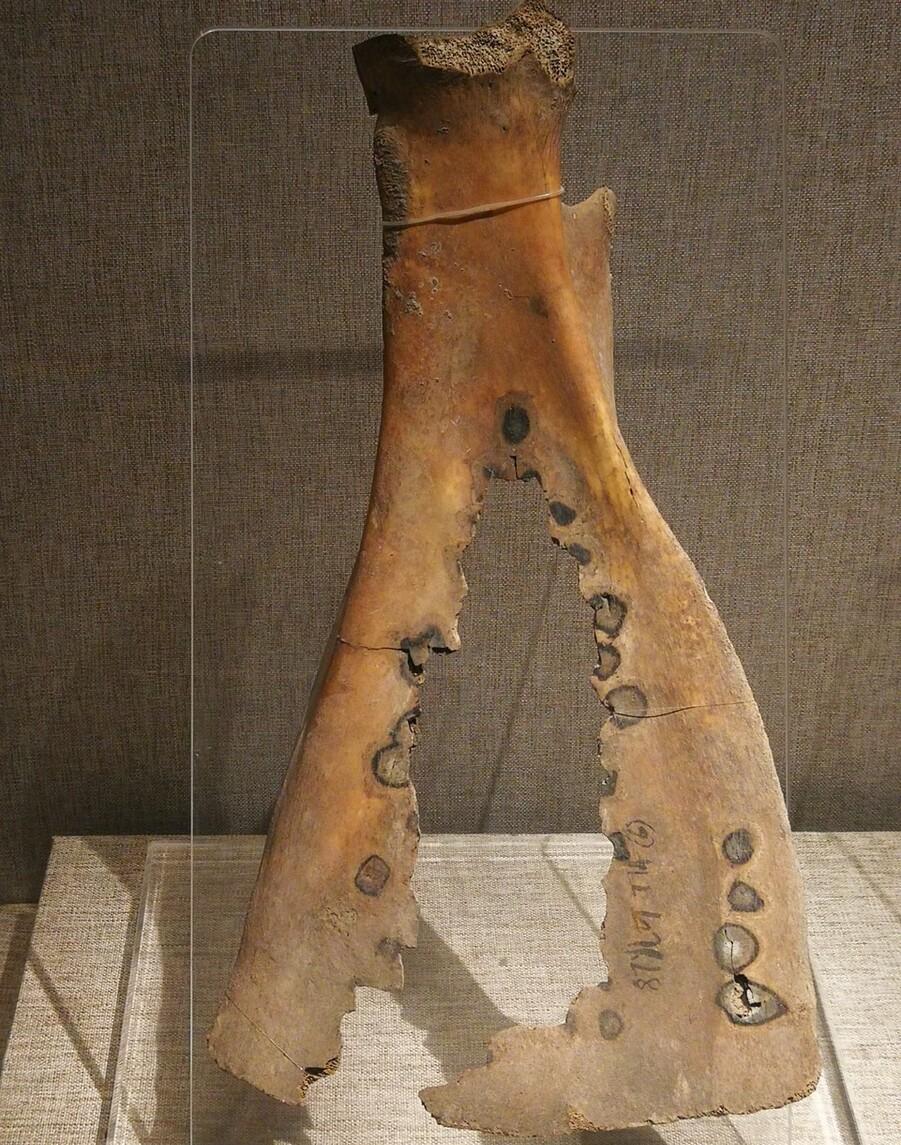The right to a crown surname was once a topic of conversation, with many believing that it was traditional for children to inherit their father's surname, while others believed that mothers also had the right to crown their children's surnames. So did the father really always have the right to be crowned? What exactly determines the right to a surname?
The Chinese surname culture has a long history and has more than ordinary people. However, many surnames go back further and are from the same surname. The oldest surnames can be traced back to the eight surnames of ancient times: Ji, Jiang, 姒, 嬴, 妘, 妫, 姚, 妊. These eight surnames hide the secret of surnames.

Obviously, the eight surnames are all female next to, or contain female, so the surname was originally very related to women. The word surname is originally a girl, so the surname is related to the child of a woman and to the mother. In ancient times, it was a matrilineal line, and only its mother was known. This surname should be with the mother, representing the matrilineal blood relationship.
Many people regard the father's right to crown the surname as a tradition, so has the father always had the right to crown the surname of the child? This is not the case.
Among the ancient surnames, there are many famous people. Of course, the most famous person is the legendary Yellow Emperor of Xuanyuan. There are books that record that the Yellow Emperor had many children, but only some of them got the surname of Ji. So what are the last names of the remaining children?
The legend of the birth of the surname was formulated by Fuxi and Nuwa to distinguish between blood. Marriages cannot be made between people with the same surname. So the surname is related to the bloodline. These children who do not share the same surname as the Yellow Emperor should have followed their mother's surname. Therefore, in ancient times, whether to follow the father's surname or the mother's surname was not so certain. The most important thing about the surname is to distinguish between the distance and proximity of the blood.
The Yellow Emperor's descendants had Yao. Yao is surnamed Yiqi, which is the surname of Emperor Yao's mother. Emperor Shun's surname was Yao or Concubine, and Dayu was not surnamed Ji, but was surnamed another ancient surname, Ji. The specific situation is unknown, but in Dayu's generation, it is true that it does not necessarily follow the yellow emperor's surname. So at least by the time of Dayu, the right to crown the surname did not necessarily belong to the father.
In the Xia Dynasty, the Dayu clan was surnamed Ji. The crown father's surname was determined at least in the royal family. Later in the Shang Dynasty and the Zhou Dynasty, the royal family was crowned with the surname of the father's family. Therefore, in the royal family, from the Xia Dynasty onwards, they all took the surname of their father.
In later life, most people have the surname of their father. This gradually became a common sense, and even people ignored the past that was not the father's surname.
Overall, this is a gradual process of change. In the beginning, the surname may represent the blood of the matrilineal line. The surname then becomes representative of patrilineal blood. And all this happens in line with the process of maternal to patrilineal transformation.
The Yellow Emperor of Xuanyuan was in the midst of a paternal and matrilineal transition, so his children only had the surname Ji. Later, with the development of time, patrilineal society was formed, and children followed their father's surname. The transformation of the matrilineal line into the patrilineal line is the inevitable result of the development of the productive forces. Therefore, changing from the mother's surname to the father's surname is the inevitable result of the development of the productive forces.
But this is not the end of the development of surnames, because the productive forces will continue to develop, and society will not stay in the patriarchy, but will continue to develop into a new society in which everyone is equal. Then the patrilineal custom of using the father's surname as a surname will also change.